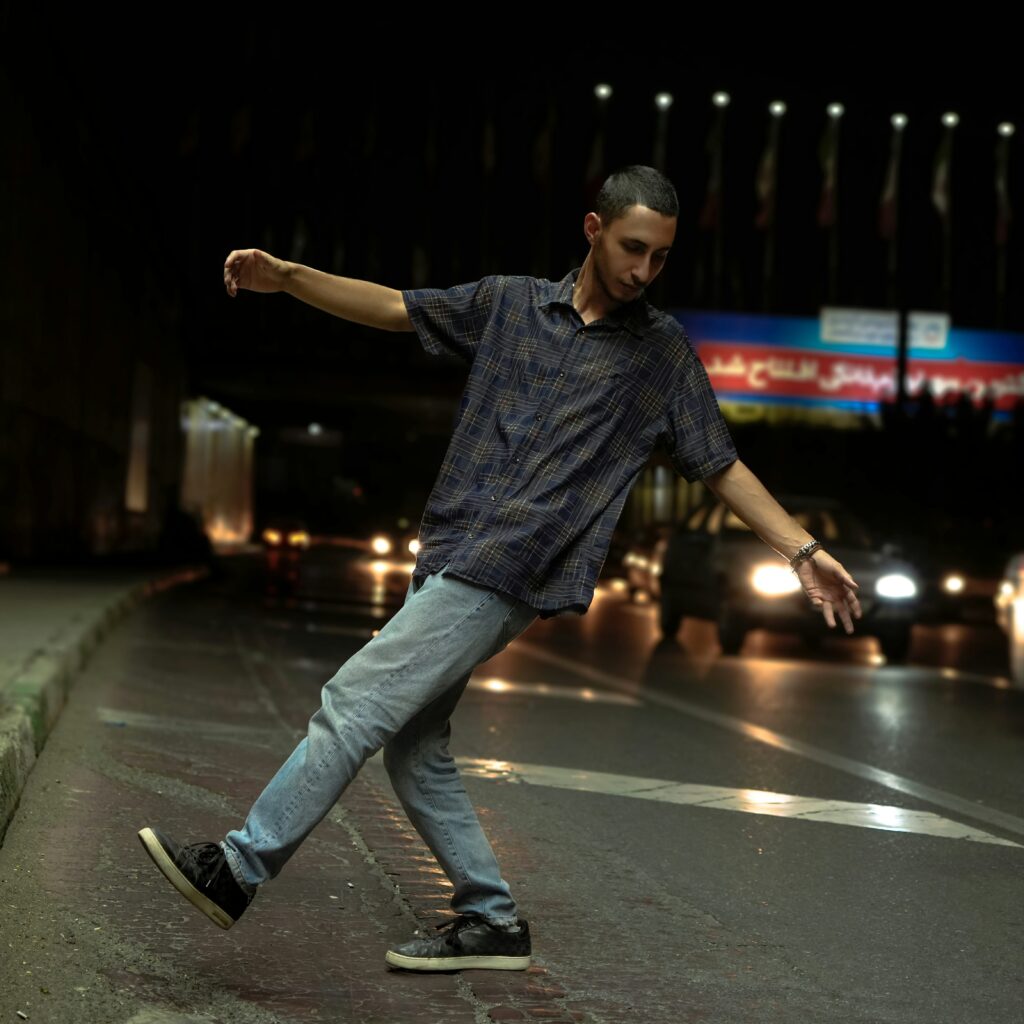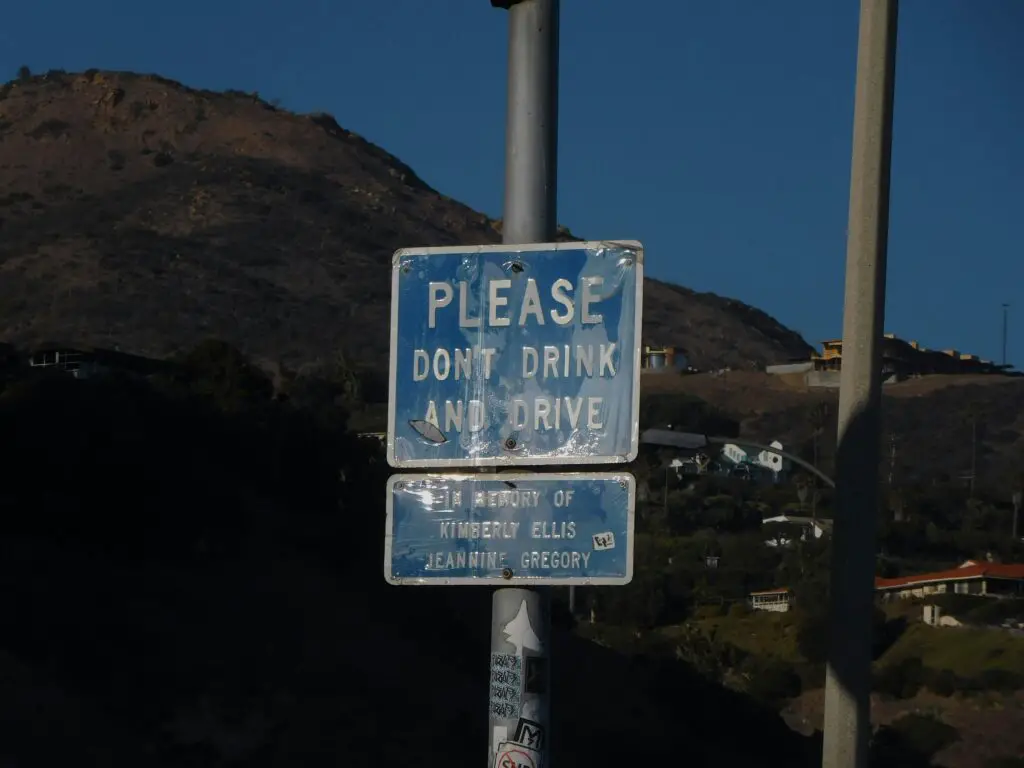Many people fear getting pulled over. Besides the anxiety police bring, feeling embarrassed on the side of a public roadway adds to the stress. Things can become even more intense in DUI situations where police may ask you to take a breathalyzer or perform a field test. Can you refuse a field sobriety test? What happens if you refuse an officer’s sobriety tests?
Man Refuses Field Sobriety Test in Viral Clip
In this clip, two police officers stop the man on the roadside. They handcuff him and question him, suspecting that he is under the influence of alcohol. The man adamantly insists that he hasn’t had anything to drink.
The officers ask him to take a field sobriety test to be sure, but he responds unexpectedly. Getting slightly aggressive, the man declines the test.
So, can you refuse a field sobriety test? Are there any repercussions for refusing an officer’s test?
What is a Field Sobriety Test?

Police officers perform field sobriety tests on-site. Originally, these tests aimed to support and supplement other methods for indicating inebriation levels. Multiple types of field sobriety tests exist, each designed to identify signs of impairment. These tests include:
- Horizontal Gaze Nystagmus Test (HGNT): Nystagmus is an involuntary jerking movement of the eyes. It naturally occurs with peripheral eye movement. Under the influence of alcohol, nystagmus can arise in almost any angle of eye movement. To perform HGNT tests, most officers will use a pen or finger to track someone’s eye movement horizontally, as that generally has no nystagmus under sober conditions.
- The Walk-and-Turn Test: The walk-and-turn test can vary between departments, however, most officers will instruct you to walk 9-10 steps forward in a straight line touching heel-to-toe. This procedure tests stability, motor function, and multi-tasking, which alcohol usually impairs.
- One-Leg Stand Test: The last common test requires the subject to hold one of their legs in the air (usually 6 inches or so). During this time, the officer may ask you to recite the alphabet or count down from a specific number. Similar to the walk-and-turn test, this procedure checks for multi-tasking, balance, and following instructions.
Most jurisdictions follow a national or regional standard for field sobriety tests, aligning with methods designed to be the most effective and reliable. However, what you must do during a field sobriety test can vary.
Can You Refuse Police Tests?
In the United States, refusing a field sobriety test is completely within your rights. Field sobriety tests are voluntary in the U.S. Most police don’t advertise this fact, as it can require them to use more drastic measures or put a premature stop to their investigation.
In recent years, many have questioned the efficacy of field sobriety tests. Accounts and court cases reveal that test administration can vary significantly. Officers can reach vastly different conclusions based on the situation without numerical standards for sobriety tests.
Additionally, some people have pre-existing conditions that would otherwise impair their ability to perform the tests correctly. Balance issues, hearing problems, and other physical ailments can easily mislead officers during a field sobriety test.
To put it simply, police administer field sobriety tests to gather evidence that may support the claim that you are driving under the influence. Legal professionals advise that these tests are typically used against you and are generally not in your favor.
What Happens If You Refuse a Field Sobriety Test?

If you refuse a field sobriety test, several scenarios can occur. The officer may reasonably suspect that you are a dangerous driver and could ask you to perform other tests or come to the station for further testing. In many states, you implicitly agree to tests like breathalyzers upon licensing, so you cannot refuse them. In other states, refusing further tests is legal but may result in fines or license suspensions.
The rules around admissibility with sobriety tests can also work in your favor in court. While sobriety tests and in-station tests are admissible, other means of testing for impairment are not. Field breathalyzer tests usually can not be used in court. Thus, opting for a field breathalyzer can allow the officer to test your impairment in a way that doesn’t gather possible evidence against you.
One hidden consequence of refusing a field sobriety test is that it can lead to questioning if your case goes to court. Most prosecutors interpret a refusal as a “consciousness of guilt.” If your case reaches court after you refuse a test, preparing an explanation for your refusal may be beneficial. In many cases, citing health issues or other reasons why a traditional field sobriety test would be unfair can work well.
Conclusion
Despite the commonality of police stops and DUI charges, there are a lot of niche rules that many people don’t know. Understanding if you can refuse a field sobriety test is a great example. Many people agree to tests that they fail due to nervousness, shock, or underlying conditions.
Understanding the rules regarding sobriety tests, their application, and their admissibility in court can be valuable. If you find yourself pulled over and suspected of a DUI, remember to stay safe, stay calm, and stay cool under pressure. If you believe you might fail a field test while sober, you have the right to refuse certain tests!

